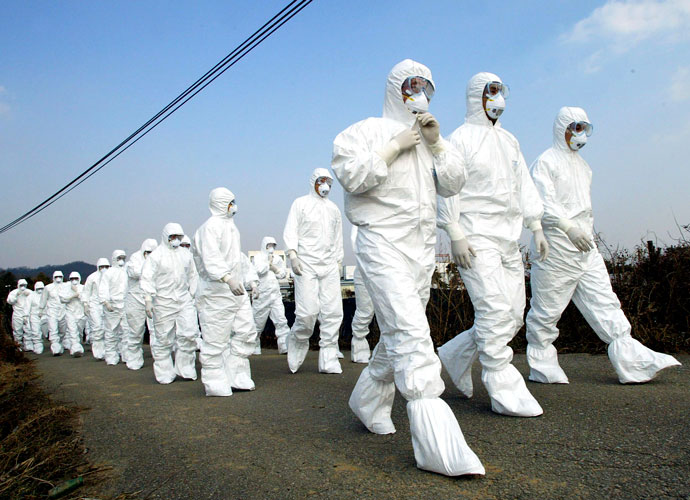Fourth Human Case Of Bird Flu Confirmed As Experts Sound Alarm Of Potential Outbreak
The Centers for Disease Control and Prevention (CDC) has confirmed the fourth human case of bird flu linked to the ongoing dairy cow outbreak.
This case, reported on Wednesday, concerns a dairy worker in Colorado, which follows previously reported cases in Texas and Michigan. Similar to the prior instances, the latest patient is a dairy farm worker who came into contact with cows that tested positive for the H5N1 strain of avian influenza. The worker was under monitoring due to their exposure to the infected cattle and reported symptoms to state health authorities.
Initial testing at the state level yielded inconclusive results, but subsequent analysis by the CDC revealed the presence of influenza A. The patient experienced only eye-related symptoms and has since recovered after they were treated with the antiviral drug oseltamivir.
The CDC has emphasized that the risk to the general public remains low, but has advised individuals to exercise caution when they interact with sick or deceased animals, as well as to avoid unprotected exposure to animal excrement, litter, unpasteurized milk or materials that have been in close proximity to animals who are suspected of or confirmed with bird flu.
The bird flu outbreak has significantly impacted the livestock industry as the U.S. Department of Agriculture (USDA) reported the identification of the virus in several mammalian species earlier this year. There are also investigations underway into an illness primarily affecting older dairy cows in Kansas, New Mexico, and Texas. The illness is characterized by decreased lactation and low appetite.
While the USDA has assured the public that there is no concern about the safety of the commercial milk supply, as milk is pasteurized and dairy farmers are required to dispose of any milk from sick cows, concerns have been raised about the detection of bird flu fragments in samples of pasteurized milk. However, these fragments are inactive remnants of the virus and do not pose a risk of infection.
To address the potential for increased human health risks, the CDC has indicated that it is prepared for this eventuality as part of the federal government’s broader preparedness efforts, which include the stockpiling of bird flu vaccine doses.
RELATED ARTICLES
Get the most-revealing celebrity conversations with the uInterview podcast!







Leave a comment